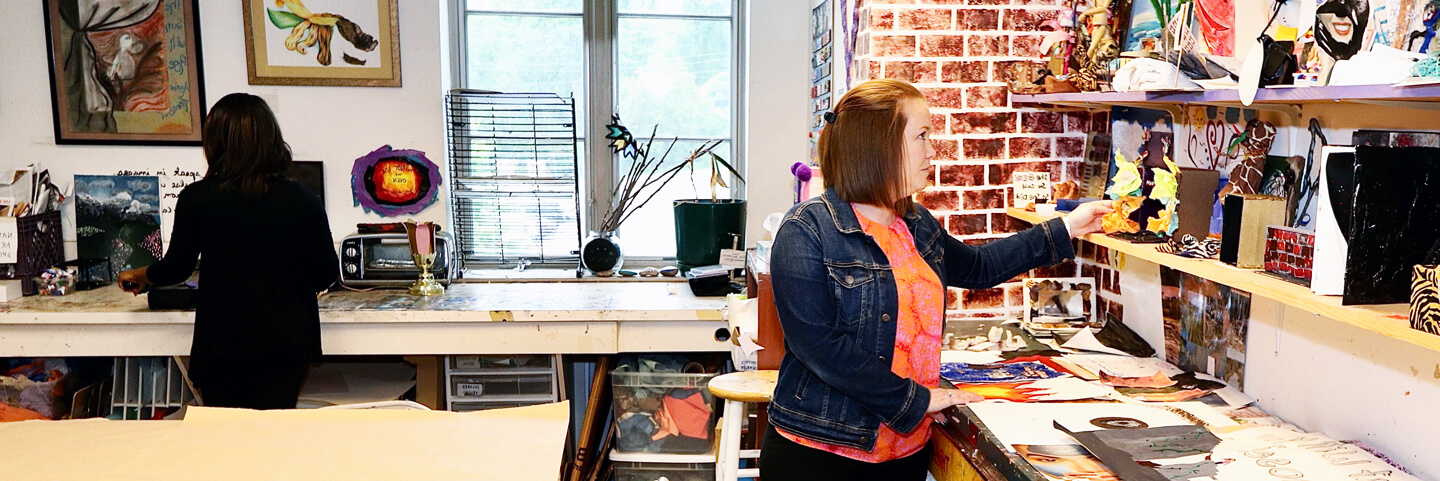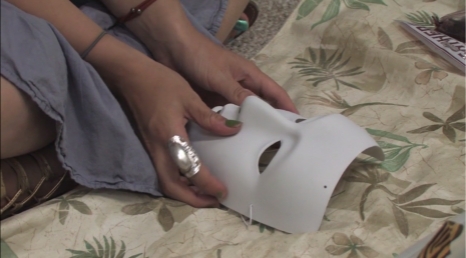Art Therapy – Dance Therapy – Psychodrama
The Creative Arts programs at Renfrew are led by therapists specifically trained to facilitate experiences that use a patient’s inherent strengths as building blocks for their growth. Creative Arts Therapy recognizes the connections between the symbolic and the actual, helping individuals link the two to improve the healing process.
See how Creative Arts Therapy helps individuals recover by letting them tell their own stories.
Why Creative Arts Therapy for Eating Disorders?
Many individuals have difficulty expressing themselves through words and traditional psychotherapy—whether it is not knowing how to tell their story, fear of not being understood or a reluctance to speak the unspeakable. The process of creating art, moving the body in harmony and dramatic self-presentation in the safety of a therapeutic community all make it possible for participants to experience and express feelings in treatment.
Art Therapy
Art Therapy allows participants to express themselves by using their creative process to draw or shape their complex emotions and beliefs, as well as explore the image of their body and the meaning they have assigned to it. The artwork can also provide a record of progress made during treatment. The visual language of art, like the spoken word, is an effective mode of communication; so much so that the work of patients at Renfrew has made an impact on the community at large.
Dance/Movement Therapy
Dance/Movement Therapy is a powerful way for individuals to explore their relationship to their bodies and connect with others in a safe space. For those who need a way to access feelings and sensations and form less adversarial relationships with their bodies, Dance/Movement Therapy can help them discover the connection between the therapeutic experience and how they “move through life.”
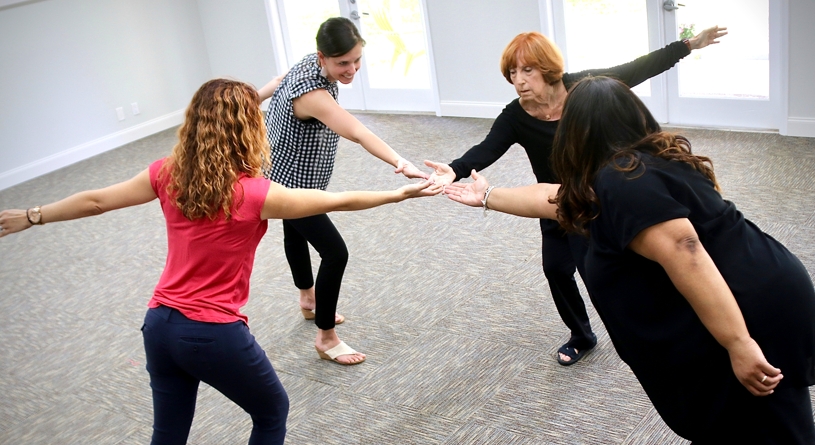
Psychodrama
Psychodrama provides participants with opportunities to gain insight into situations that are problematic through the process of dramatic enactments and other action methods. Patterns and behaviors that once served a good purpose may need to be transformed to meet the needs of current situations. The process of making choices, and representing and recreating an experience to gain understanding, take form in Psychodrama.
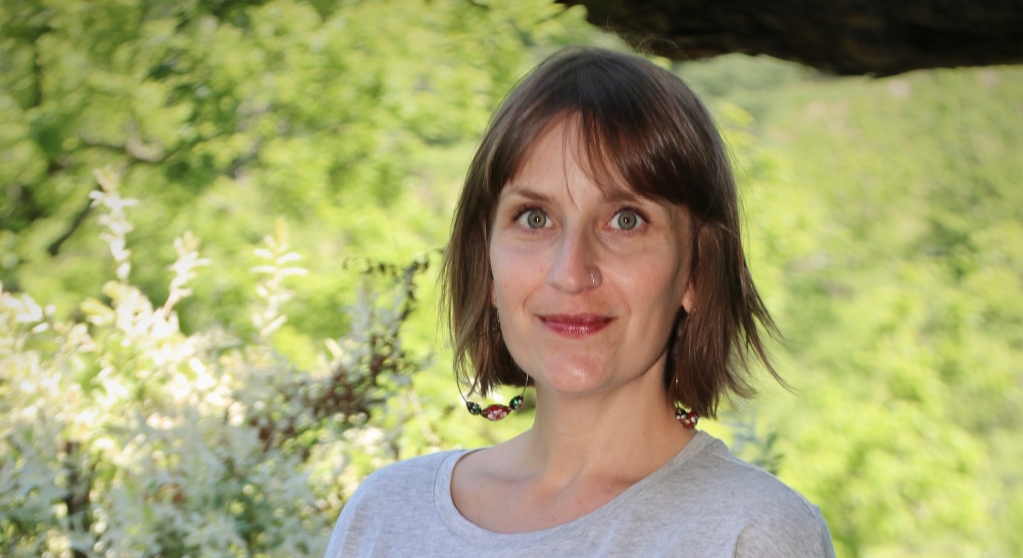
The most helpful thing, for me, in treatment here at Renfrew was hands-down the Art Therapy program. It was a way for me to let go and express my emotions visually. The first week I was there, I didn’t speak at all. I was lacking the words. I was too scared to say these things. I felt safer putting them down on paper. When I came out of Renfrew, I went back to art school. I got my BFA and then my MFA and this is what I do now. It all started because of the confidence I got at Renfrew.
Aimee G.
Philadelphia, PA
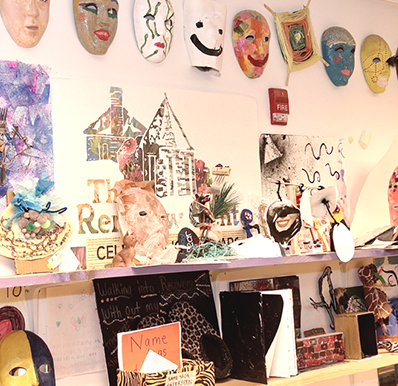
Occupational Therapy
Occupational Therapy (OT) provides patients with individual and therapeutic group activities to support patients in the transition back to their roles, routines, habits, and daily activities. Using exposure therapy, OT supports patients in their recovery journeys to regain autonomy and control of their lives.
Reach Out to Us
Talk with a Program Information Specialist at the number above to learn more about our
services and to schedule an assessment. Or, fill out the information below and we will contact you.
